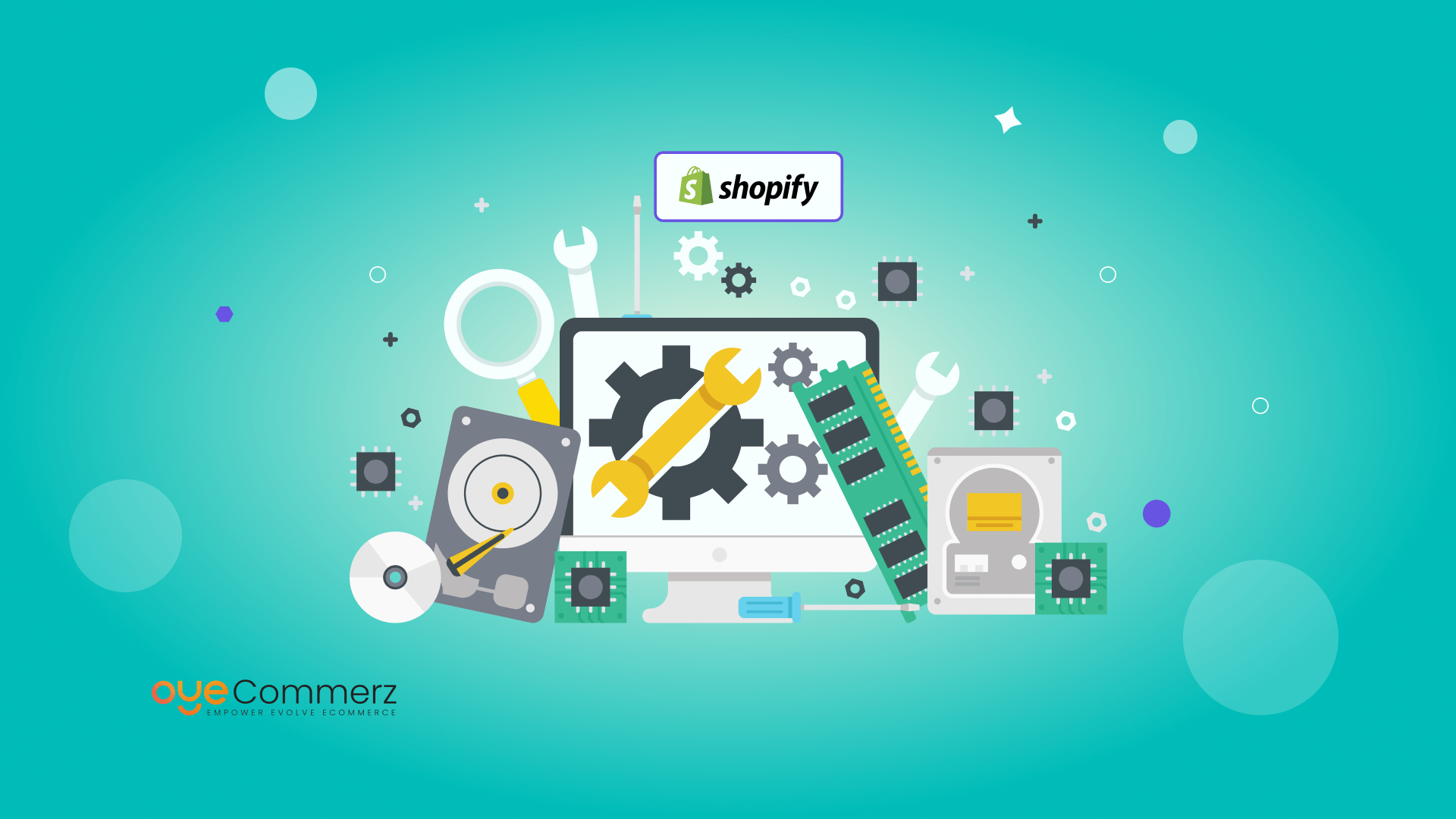Overview
In the current competitive e-commerce environment, standing out is essential, and one of the best ways to set apart a Shopify store is through custom app creation. A well-built Shopify app can enhance store capabilities, streamline operations, and boost customer engagement. This guide delves into essential aspects of Shopify app development, covering API integration and app ecosystem to scaling strategies and promotion methods, offering a roadmap for businesses seeking unmatched store performance.
The Importance of Shopify API Integration
Shopify’s API offers robust tools to customize and expand store functionalities. With GraphQL and REST APIs, developers can access data to create apps that handle inventory control, order handling, and customer information management seamlessly. Using Shopify’s API can enable improved workflow automation and enables stores to serve customers more effectively.
Adopting the Polaris Design System
Shopify’s Polaris is Shopify's design system for creating intuitive and accessible Shopify apps. By following Polaris principles, developers guarantee that apps integrate smoothly within the Shopify Admin experience. This ensures a cohesive appearance that resonates with Shopify merchants, encouraging ease of use and familiarity for merchants using your tailored app.
Navigating the Shopify App Ecosystem
The Shopify app ecosystem provides numerous opportunities for enhancing online stores. From handling order fulfillment to boosting customer engagement, apps in this environment are designed to meet diverse business needs. Learning about this system assists developers in identifying unique app ideas and allows for smooth connections of third-party services that add value to the store.
Building Embedded Shopify Apps
Embedded apps work seamlessly within the Shopify Admin, allowing a seamless experience for merchants. They allow merchants do not need to navigate away from their Shopify control panel, simplifying their process. Using Shopify App Bridge and embedded app features is recommended for offering a cohesive, integrated user experience.
Using Node.js and React for Shopify Apps
The technologies Node.js and React have become top options for Shopify app creation. Node.js enables high-performance back-end services, while React allows for dynamic, responsive front-end design. Combined, they offer an excellent framework for building fast, scalable Shopify apps that enhance store functionality and customer engagement.
Utilizing Webhooks in Shopify Development
Webhooks allow real-time data updates between Shopify and an external app. They trigger events such as order creation or stock changes and send instant alerts to your app. By implementing webhooks, apps can deliver real-time information to store Develop Shopify apps with Node.js owners, simplifying processes and boosting productivity.
Engaging Customers Through Digital Marketing for Shopify Apps
To ensure Shopify app success, connecting with users is crucial. Using online marketing techniques like SEO, email marketing, and social outreach can increase app usage. Additionally, creating applications with customer interaction as a focus (e.g., loyalty programs or personalized suggestions) increases user retention and satisfaction.
Making Your Shopify App Scalable
As e-commerce stores expand, so do their technology requirements. Making sure that your app can manage increased traffic, larger data sets, and more complex functionalities is essential. By improving server capacity and using scalable technologies, you Custom app solutions for Shopify can develop apps that expand in parallel to a store’s growth.
Essential Features and Maintenance for Shopify Apps
For an app to be useful, it should include key capabilities like user authentication, dashboard analytics, and support channels. Regular app upkeep, with updates to fix bugs and ensuring compatibility with new Shopify functionalities, is vital to ensure continuous operation and avoid interruptions to business processes.
Summary
Custom Shopify app development holds vast potential for e-commerce stores, offering the chance to improve performance, simplify operations, and build customer relationships. With API integrations and Node.js to ensuring scalability and customer interaction, building a Shopify app requires careful planning and strategic execution. If you’re prepared to elevate your e-commerce experience, a tailored Shopify application could be the perfect solution. What capabilities do you envision for your ideal app? Share your ideas and take the first step toward an optimized e-commerce experience!
